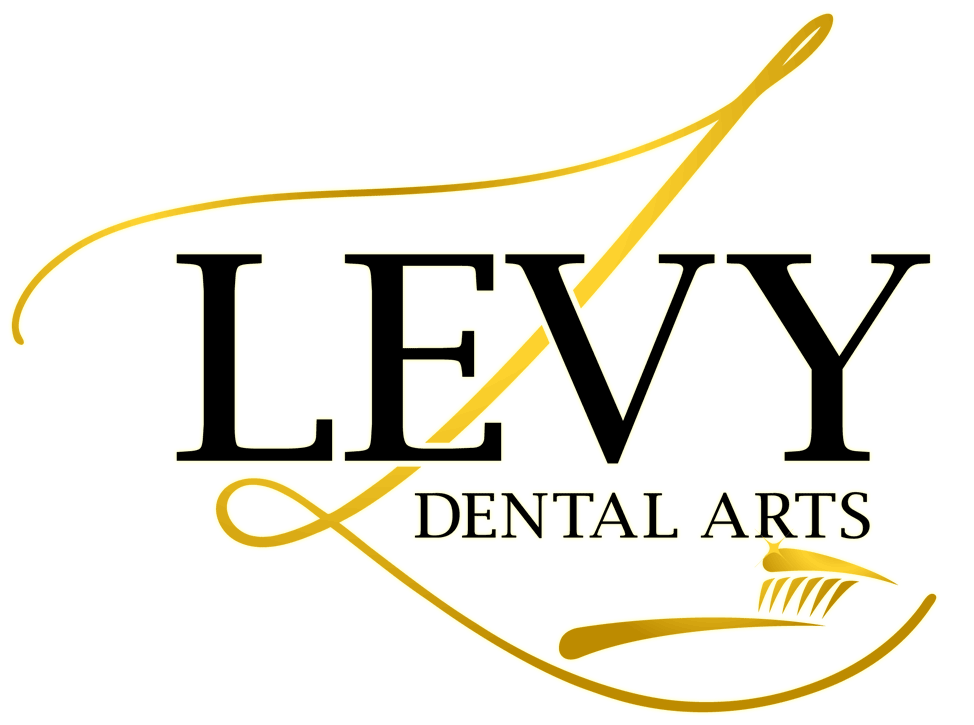General Dentistry Manhattan, NY
Manhattan's Premier Dental Care at Levy Dental Arts
• Levy Dental Arts is your premier choice for comprehensive dental care in Manhattan.
• Family-friendly practice located in the heart of Midtown New York.
• We provide a wide range of dental services to the local and neighboring communities.
Experience comprehensive dental services at Levy Dental Arts, led by Dr. Uri Levy and his team of accomplished dentists. From preventive care to addressing complex dental issues and enhancing your smile's aesthetics, we are dedicated to your oral health. Our focus on general dentistry is designed to safeguard your oral well-being and promote hygiene. We perform thorough oral examinations to assess your mouth's condition, provide professional cleanings, and offer valuable tips to elevate your oral health.
At Levy Dental Arts, we welcome patients of all ages and professionals in the Manhattan area, catering to the unique dental needs of our diverse community. Conveniently located in the heart of Midtown New York, on 57th Street, adjacent to Central Park, our practice extends its warm embrace to individuals from neighboring communities, including Northern Jersey, Bronx, Brooklyn, and Queens.
Begin your journey toward optimal oral health by establishing a regular oral hygiene routine with us. Your well-being is our top priority, and we are dedicated to simplifying the process for you. Whether you're switching to Levy Dental Arts for a specific reason or it's been months or even years since your last dental checkup, our doors are open wide to welcome you. Contact us today to schedule an appointment for preventive dentistry in Midtown, NY, and experience the difference.
Levy Dental Arts offers an extensive array of general dental services, including comprehensive examinations, professional cleanings, root canal treatments, teeth whitening, and oral cancer screenings. If you're overdue for an appointment or have any inquiries, don't hesitate to reach out to Dr. Uri Levy and our team. Our general and preventive dentistry services encompass the following areas:
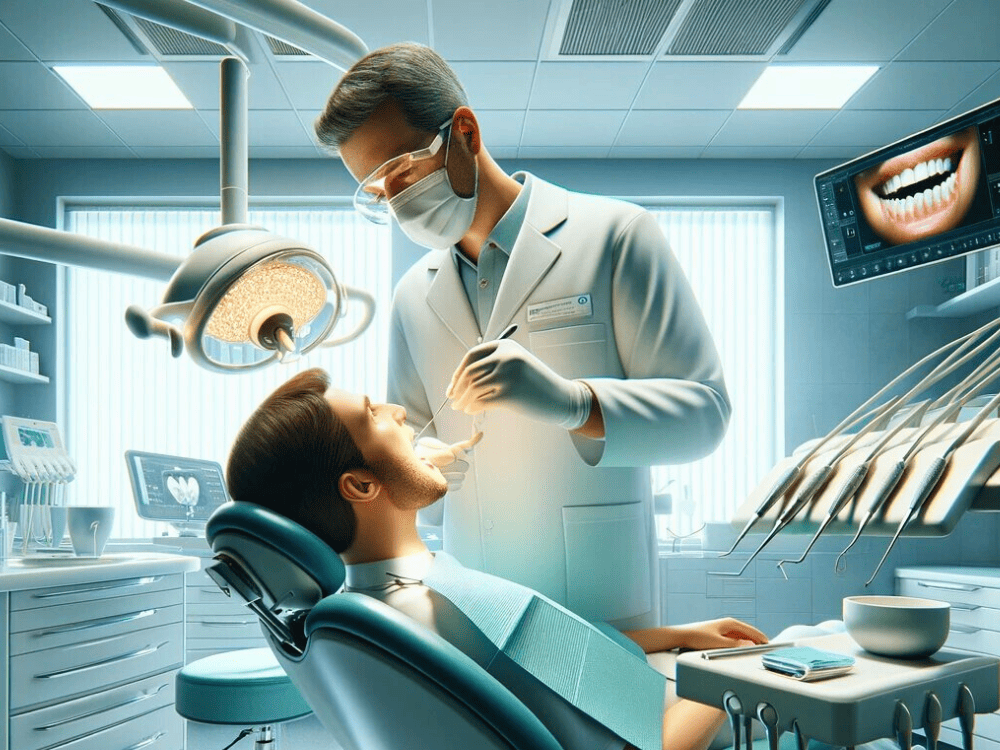
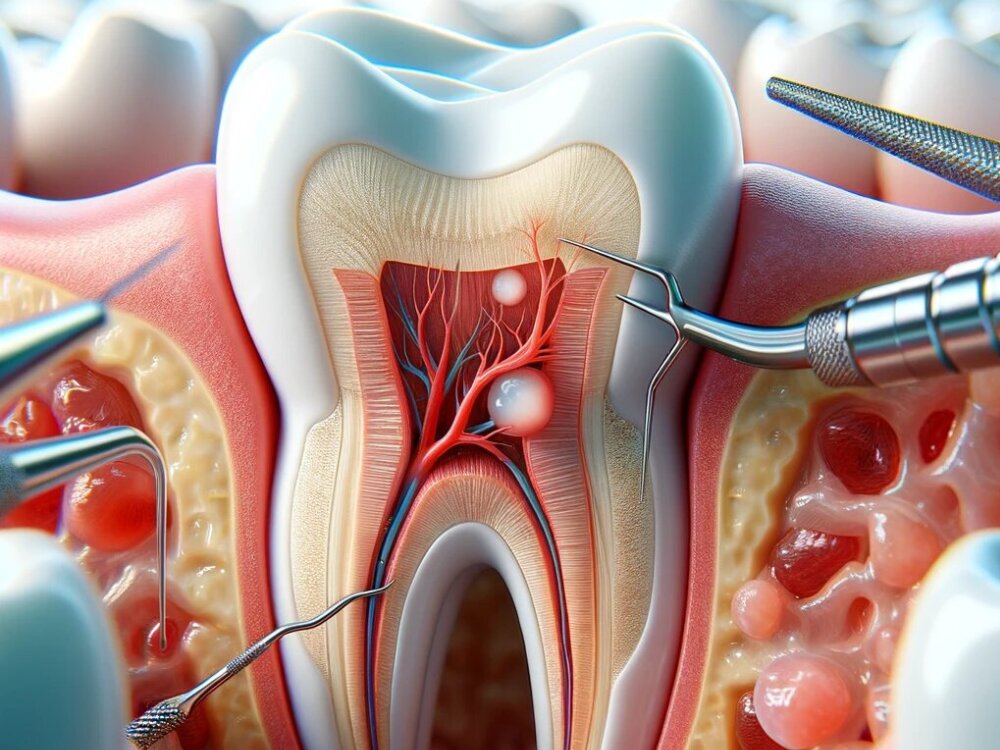
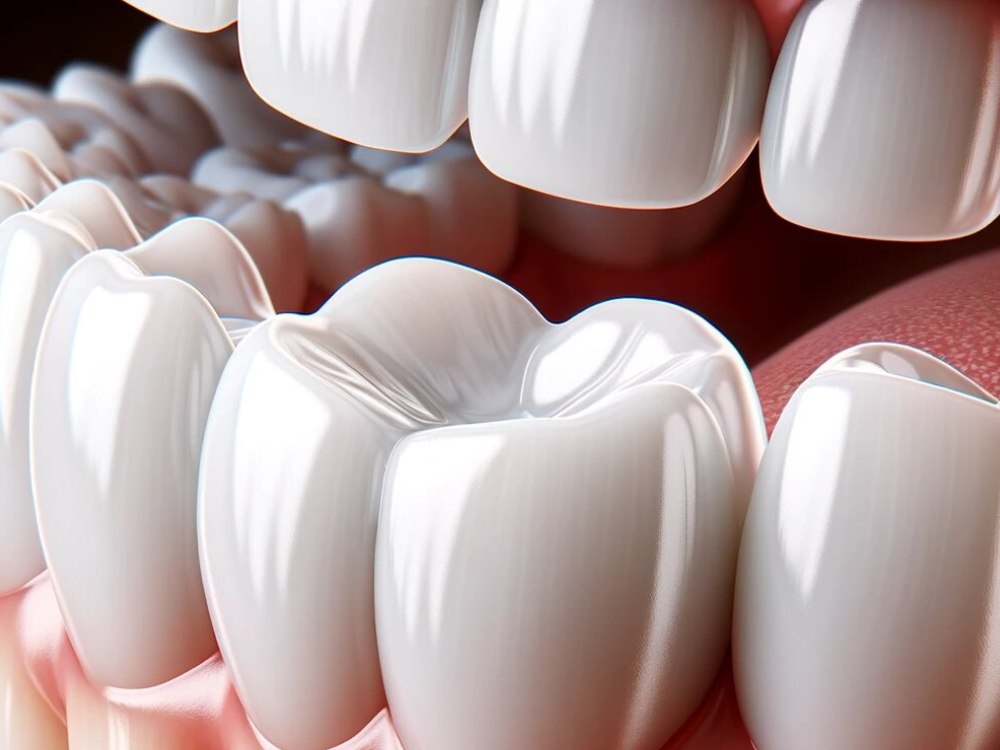
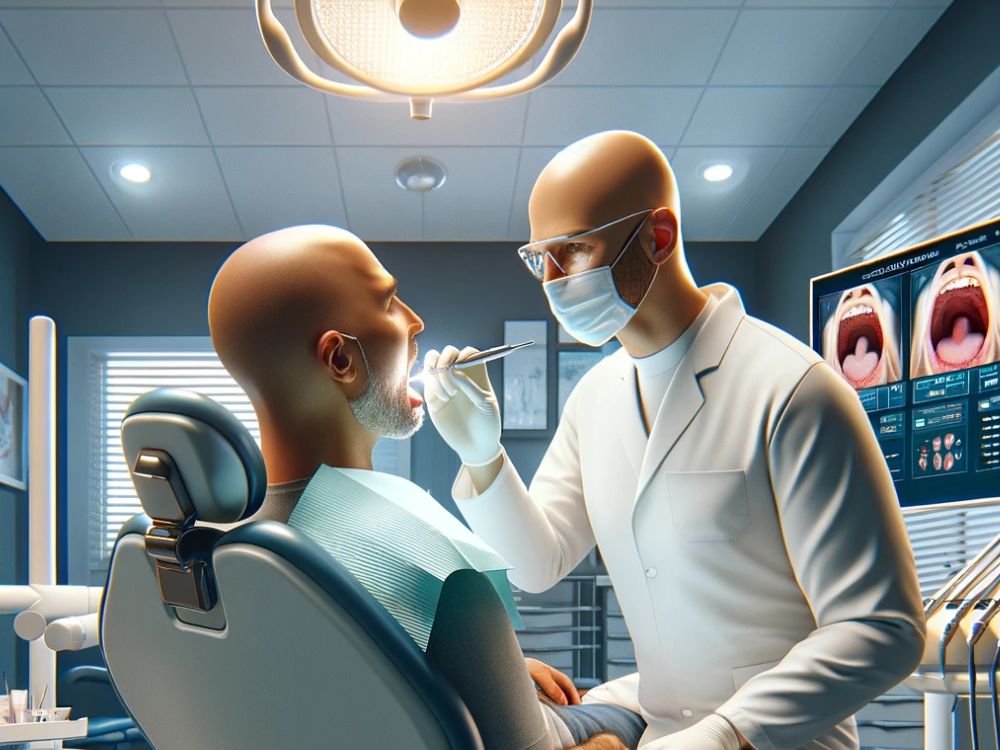
Expert General Dentistry Manhattan, NY
• Our experienced dental professionals at our boutique office bring a wealth of knowledge and skill to every patient interaction.
• H3: Ensuring top-quality care tailored to individual needs.
• Expert general dentistry at our private practice focuses on patient education to maintain optimal oral health.
Our team of experienced dental professionals brings a wealth of knowledge and skill to every patient interaction. From routine cleanings to complex restorative procedures, we approach each treatment with precision and care. We understand that no two smiles are alike, which is why we take the time to customize our approach to meet the unique needs of each patient. Expert general dentistry goes beyond just treating dental issues – it's about empowering patients to take control of their oral health. That's why we prioritize patient education, ensuring that our patients understand the importance of preventive care and how to maintain a healthy smile between visits.
Visit Levy Dental Arts For General Dentistry Services Manhattan
• Begin your journey toward optimal oral health by scheduling an appointment for preventive dentistry in Midtown, NY.
• We prioritize delivering the best services in Manhattan general dentistry.
• Take the first step toward a healthy and cosmetically beautiful smile for years to come.
At Levy Dental Arts, we understand the importance of maintaining optimal oral health for overall well-being. That's why we offer a wide range of general dentistry services designed to keep your smile healthy and beautiful for years to come. As your trusted dental care provider, we are committed to delivering top-quality general dentistry services in Manhattan and personalized dental care to meet all your oral health needs. Contact us today at (212) 751-5448 to make your appointment.

